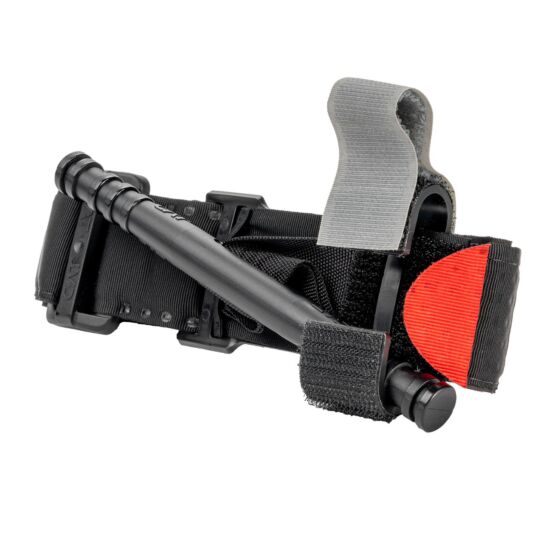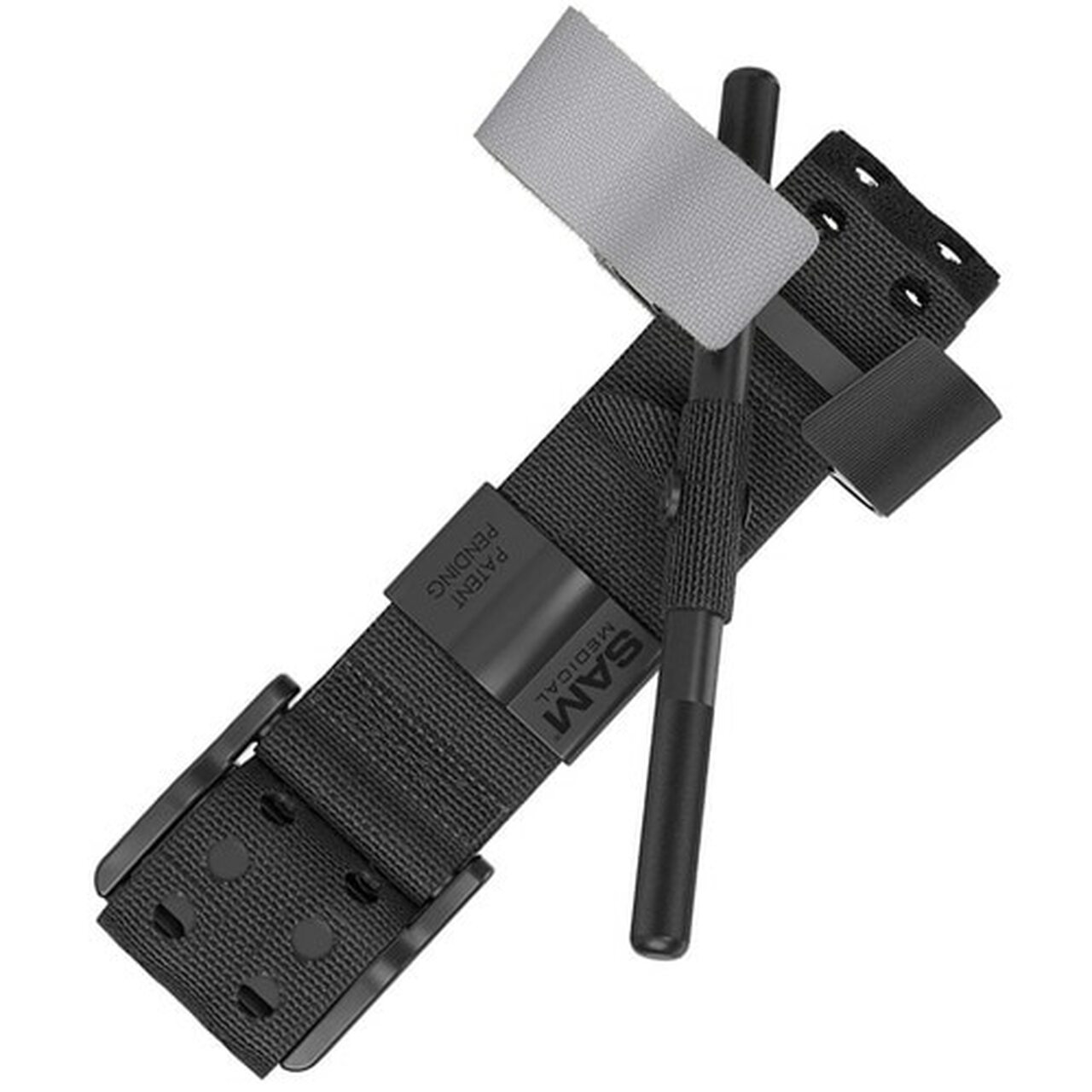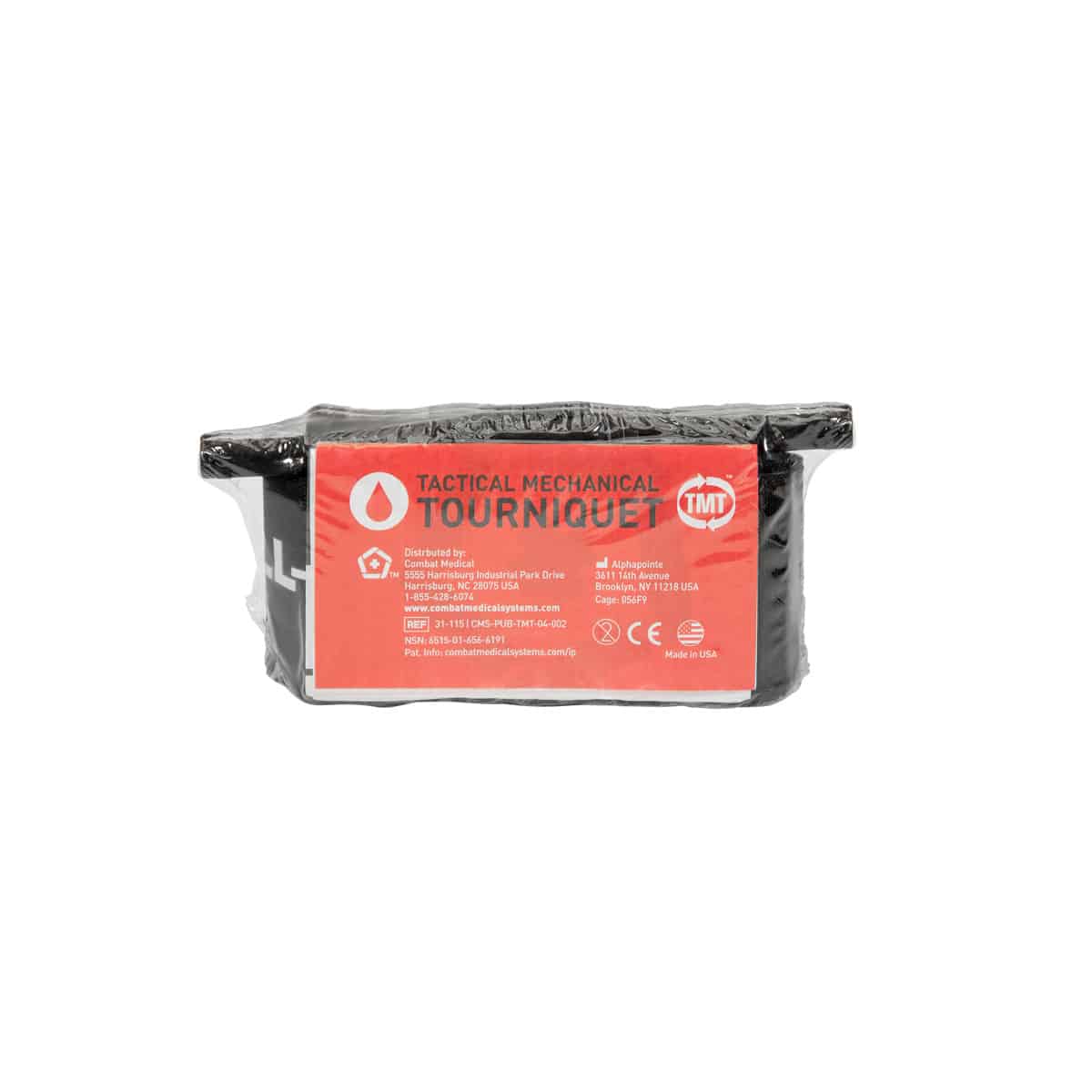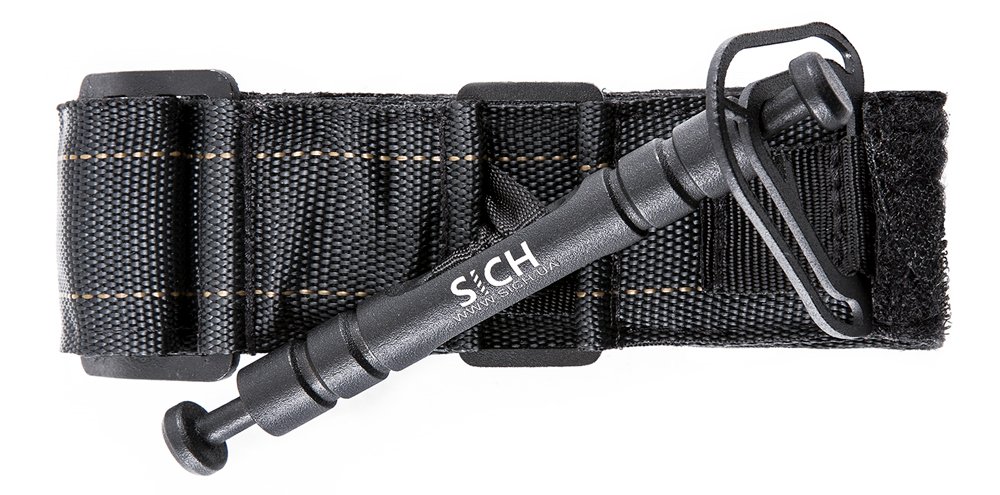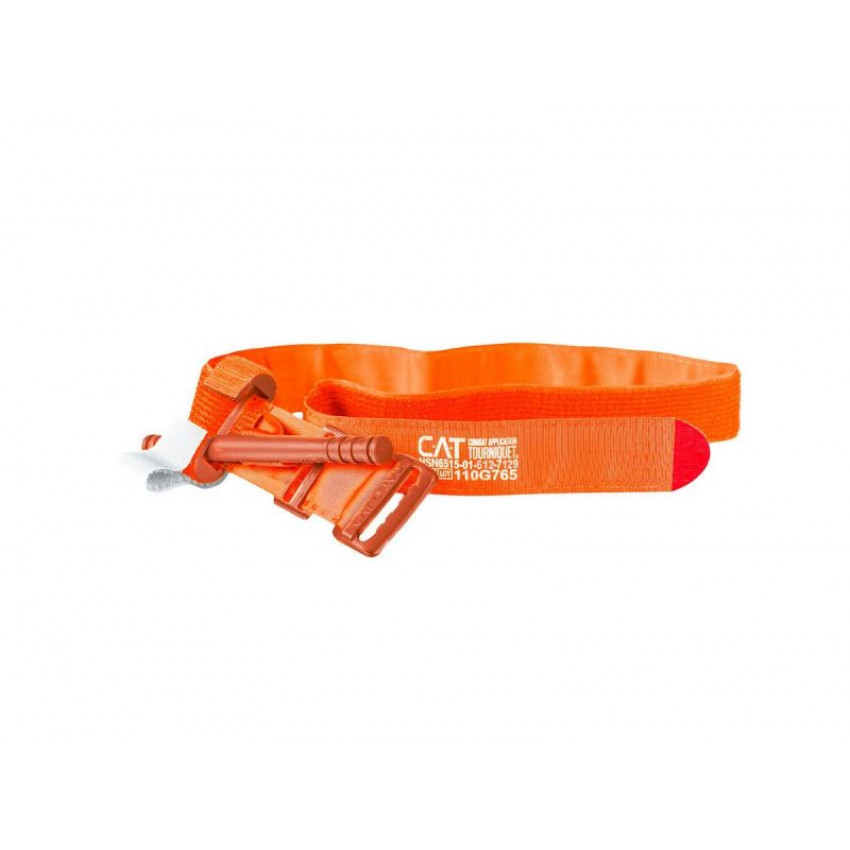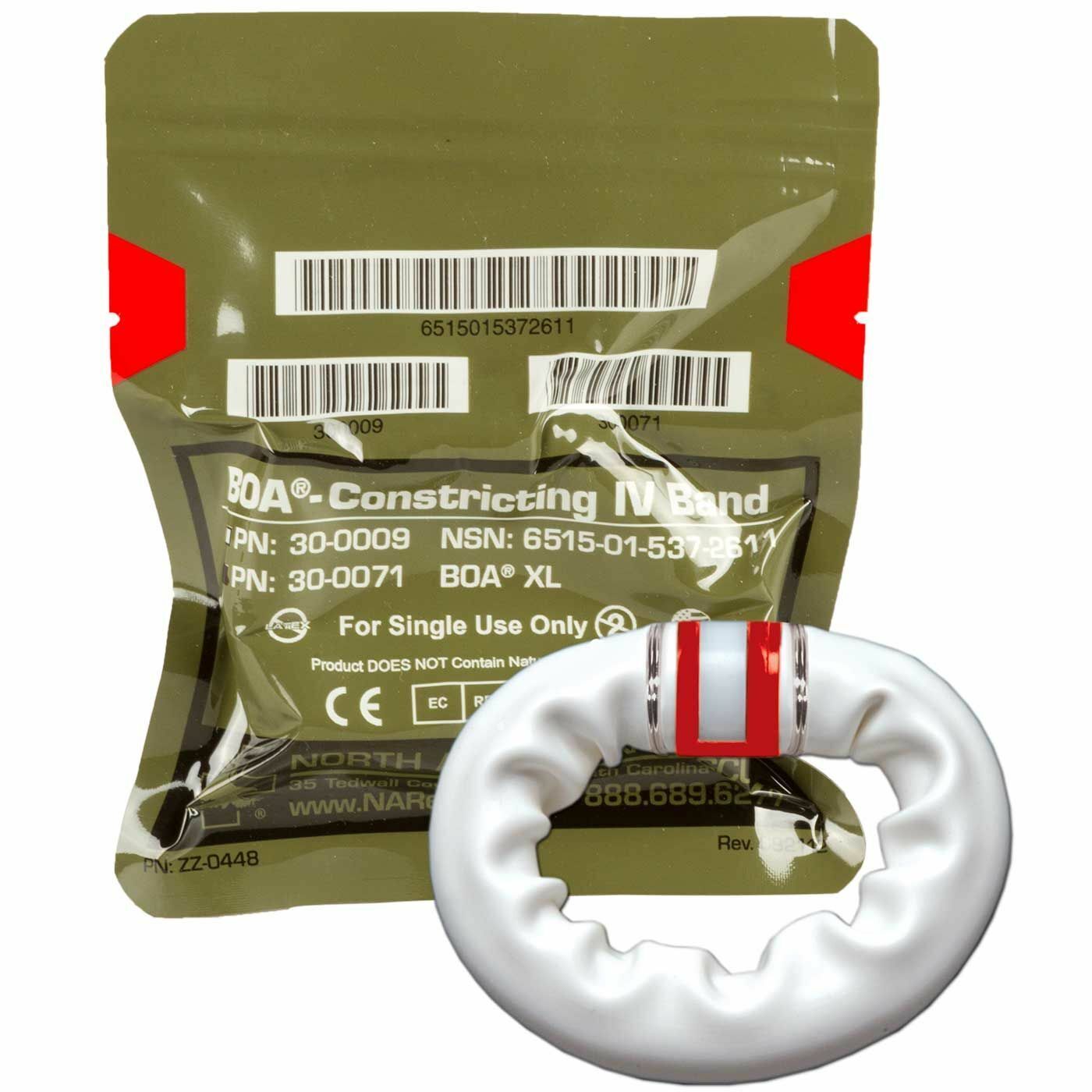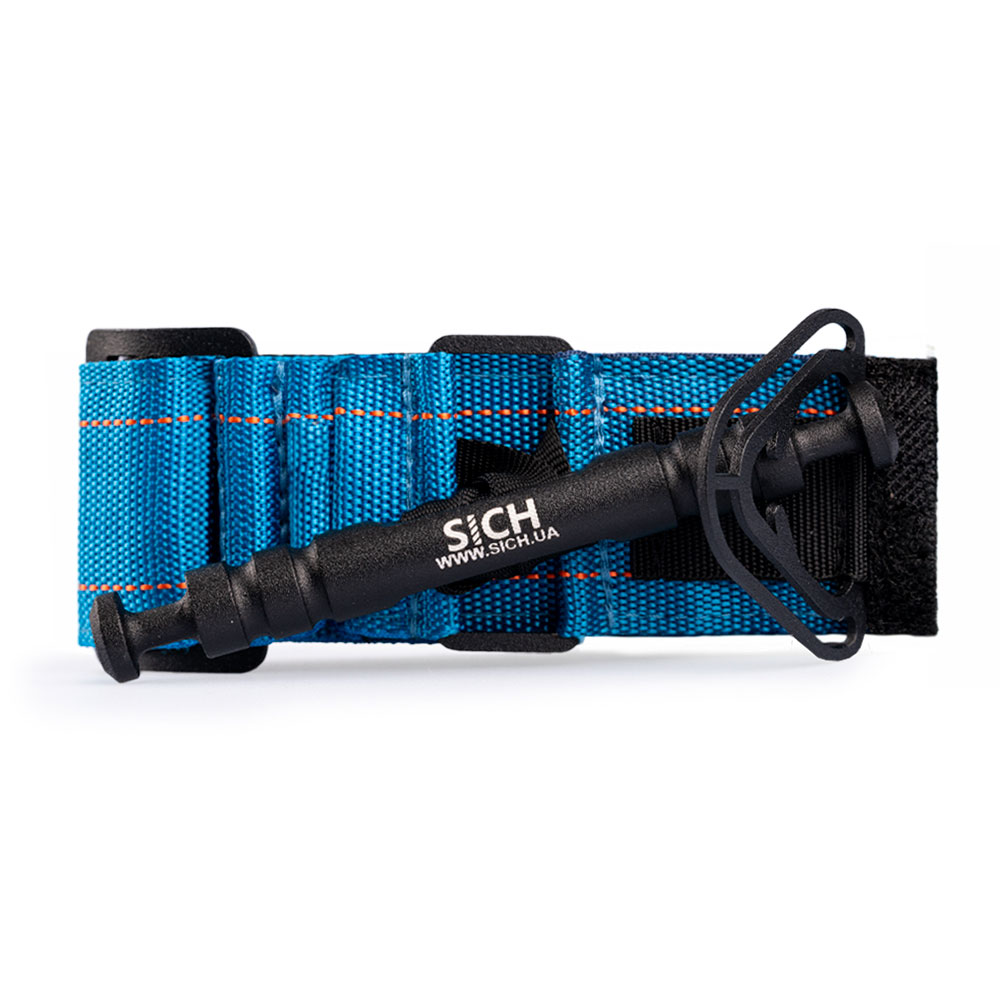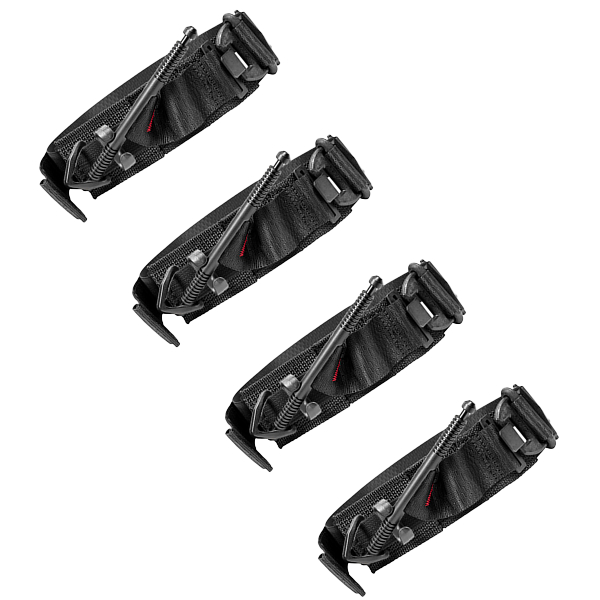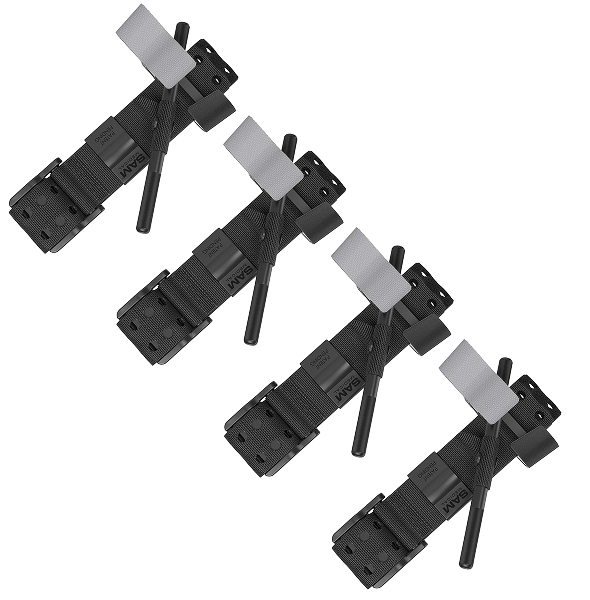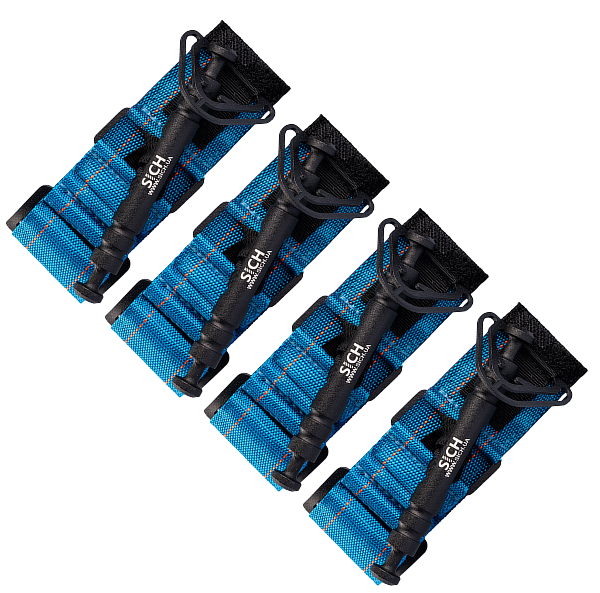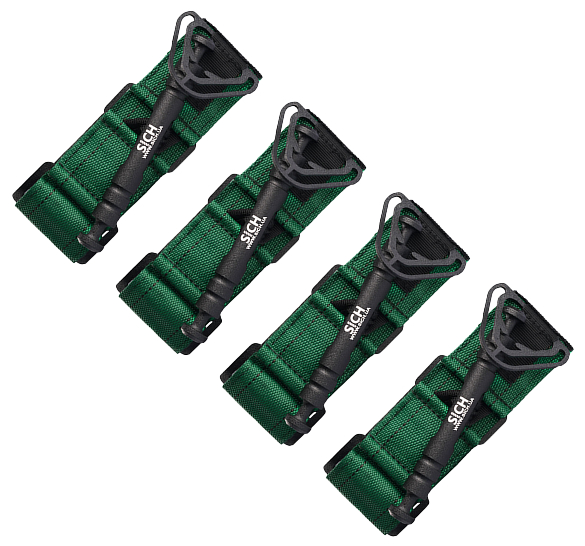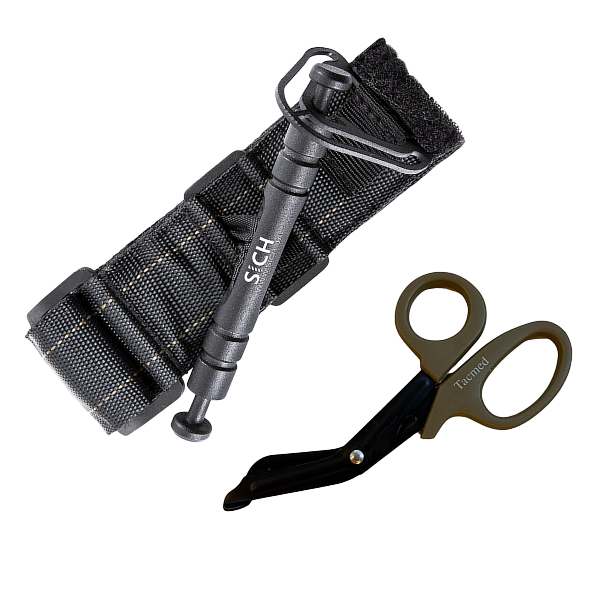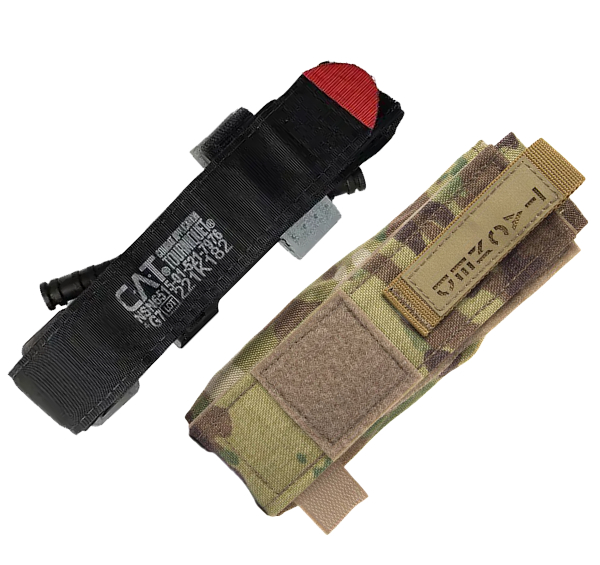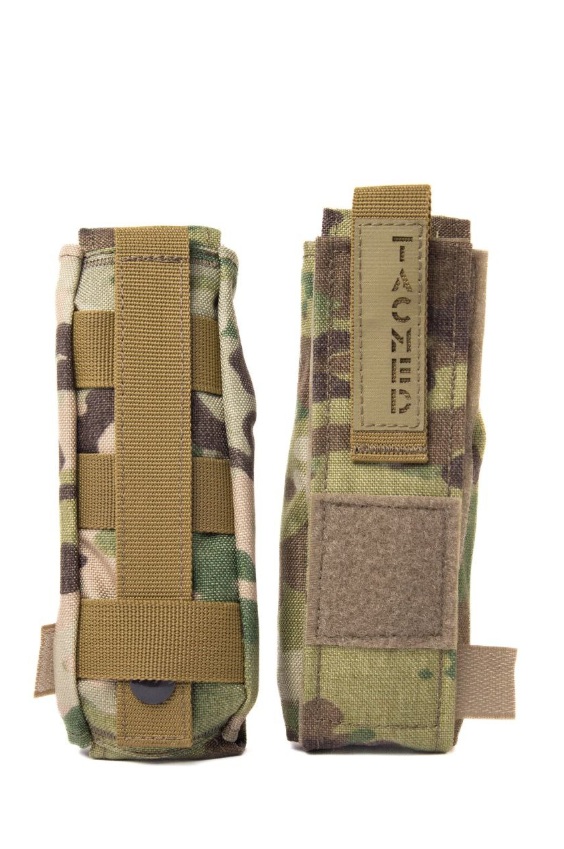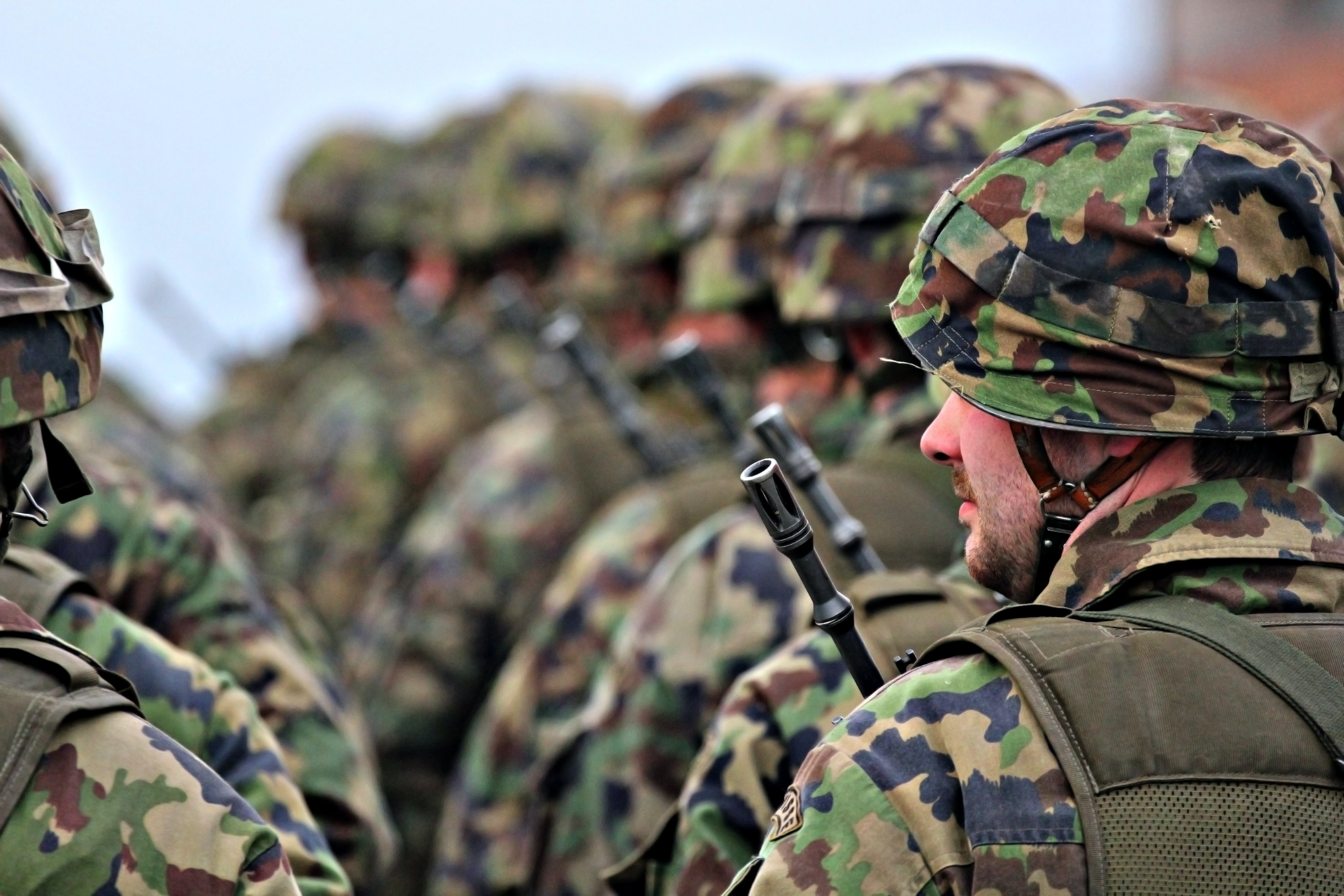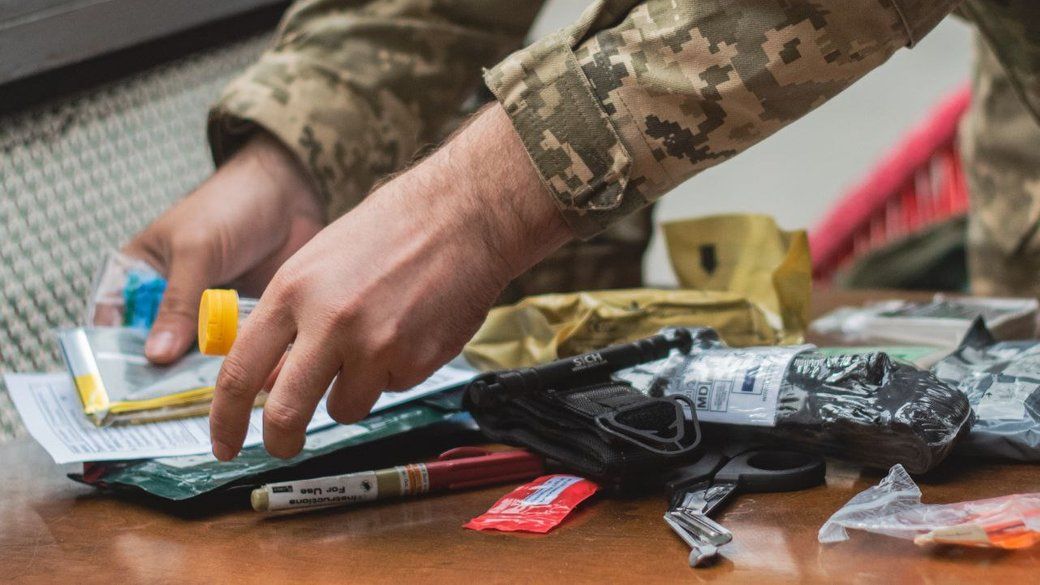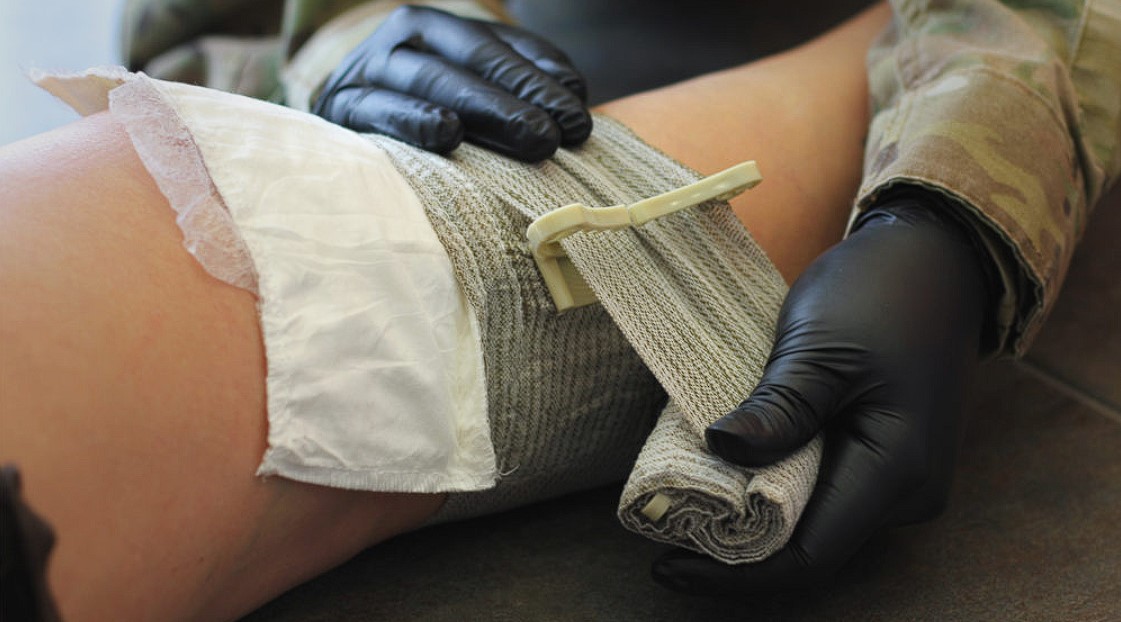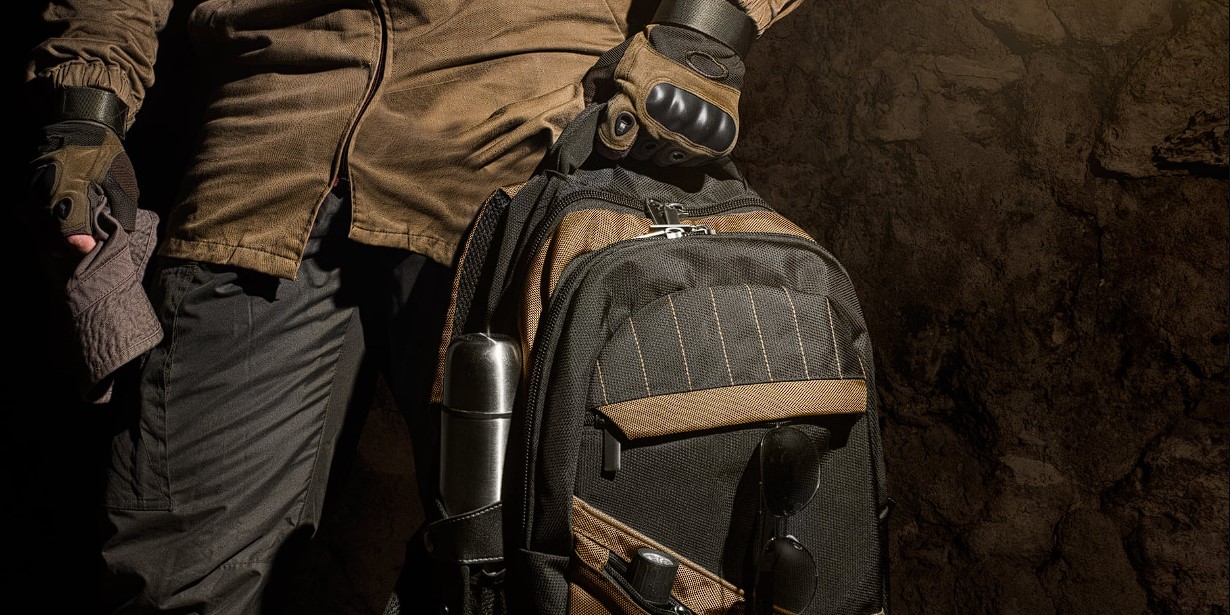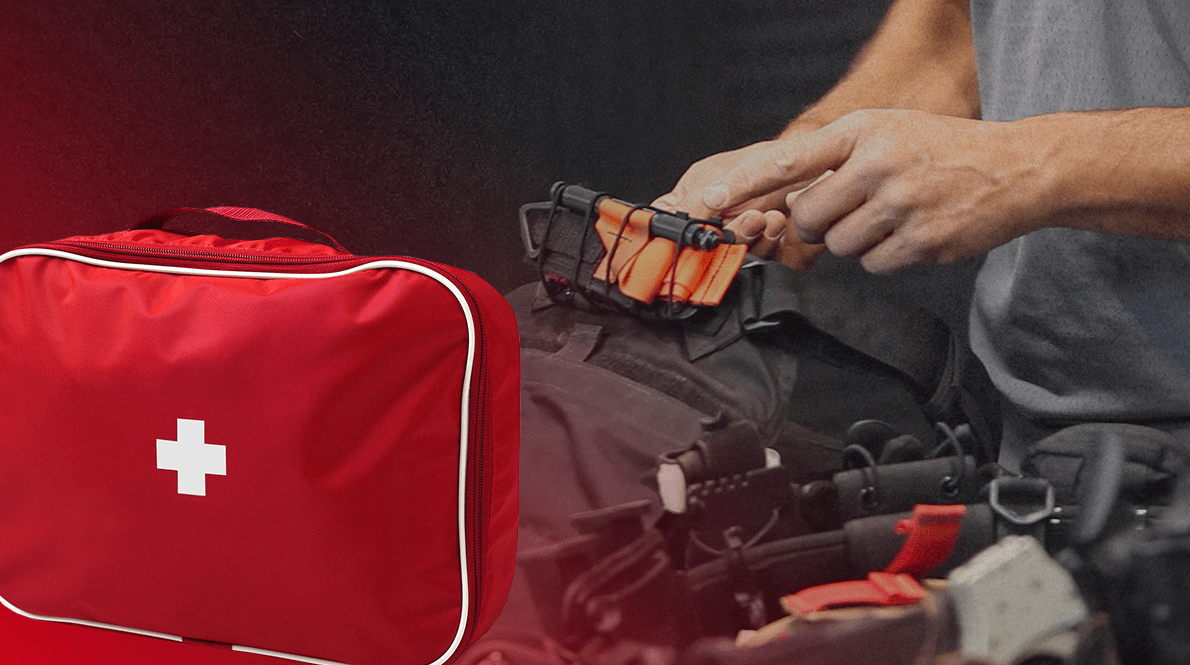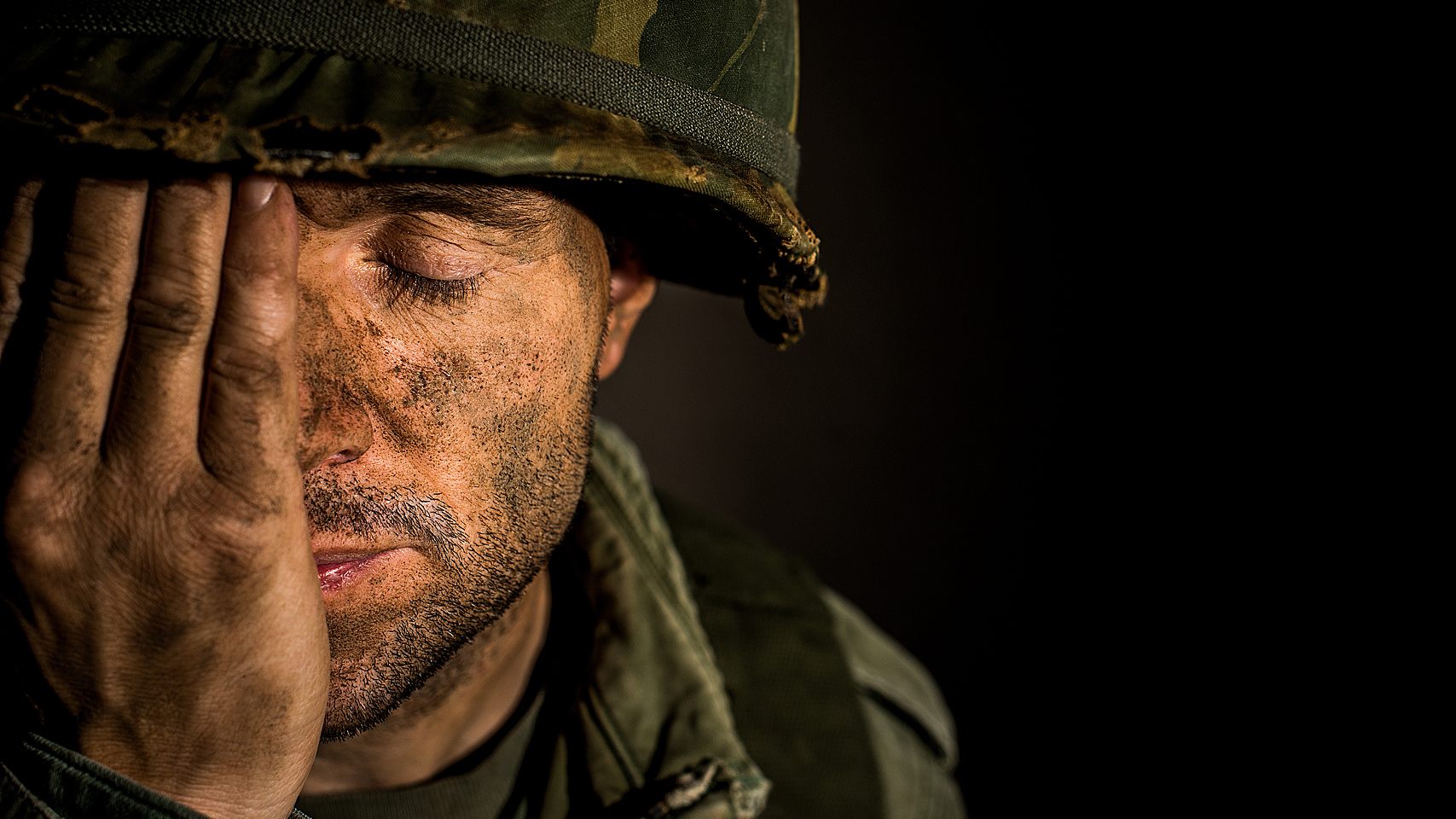Tourniquet and Esmarch Band: What They Are and the Difference Between Them
Content
- What Are a Tourniquet and an Esmarch Band?
- How Quickly Should a Tourniquet Be Applied?
- Other Types of Bands You May Encounter
- Why Only Quality Tourniquets and Bands Should Be Used
- What to Look for When Choosing a Tourniquet
- Additional Information You Should Know
- Conclusion
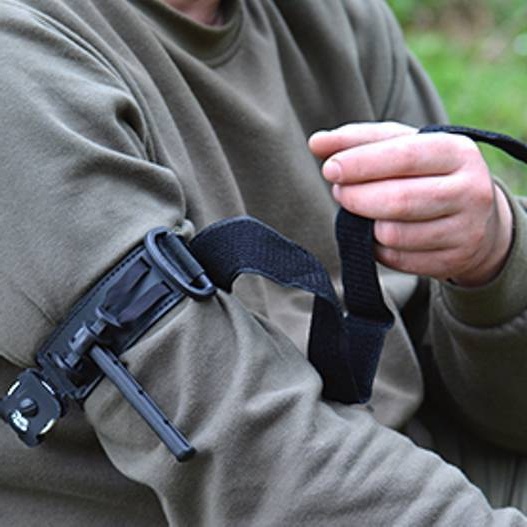
One of the most serious challenges in modern tactical and emergency medicine is the rapid control of external bleeding caused by injuries, which poses a real threat to life. Practice shows that most deaths from such wounds could have been avoided if bleeding had been stopped in time. That is why it is so important to understand what a tourniquet is, how it differs from the classic rubber band (Esmarch band), and why uncertified products can worsen the situation instead of saving a life. This knowledge is critically important for both civilians and professionals.
What Are a Tourniquet and an Esmarch Band?
If pressure is applied correctly and in time above the injury site, almost any bleeding can be stopped. This can be done through direct pressure on the wound, wound packing, applying a pressure bandage, or using a tourniquet/band.
In fact, the terms “tourniquet” and “band” are often used interchangeably. You may also come across the more general term “hemostatic devices.” Their main purpose is the same — to quickly block blood flow and prevent massive blood loss.
However, in medical terminology, there is a distinction:
-
Band (Esmarch band) – a rubber strap of varying width and length. It lacks a mechanism to control or regulate pressure. Common examples include the Esmarch band, SWAT-T, its Ukrainian analog “Omega,” and the Martens elastic bandage.
-
Tourniquet – a modern medical device designed to regulate and maintain pressure. Its main advantage is that it can be properly applied by the injured person using only one hand. This often saves lives in both combat and civilian injuries.
How Quickly Should a Tourniquet Be Applied?
Most preventable deaths are linked to massive bleeding from limbs. If the injured person or bystanders have a quality tourniquet and know how to use it correctly, the chances of survival increase dramatically.
Time is critical. If a tourniquet is applied correctly within the first few minutes after an injury, it buys precious time before medical professionals arrive with the necessary equipment and medications.
Other Types of Bands You May Encounter
Most often, you’ll see combat and tactical tourniquets. But there are also technical bands – for example, those used when drawing blood from a vein. It is important to understand that they are not suitable for stopping life-threatening bleeding and are intended only for procedural use.
Another interesting fact: previously, tourniquets were applied only to the upper and lower limbs. Today, manufacturers also offer junctional tourniquets, which can be used to stop bleeding in more complex areas of the body, such as under the armpits.
Why Only Quality Tourniquets and Bands Should Be Used
To stop bleeding effectively, the device must create sufficient and, most importantly, stable pressure. That’s why only high-quality, certified devices should be used.
Otherwise, the consequences can be fatal. For example:
-
Bleeding may continue, though less intensely, leading to hemorrhagic shock and death.
-
If applied incorrectly, veins may be compressed while the artery remains open, causing blood pooling in the limb. This can lead to crush syndrome.
-
Excessive pressure may cause necrosis, leading to amputation or disability. As muscles die, toxins enter the bloodstream, which can result in acute kidney failure or even death.
For these reasons, only certified and proven tourniquets should be used. Cheap imitations, often of low quality, pose a serious threat in critical situations.
What to Look for When Choosing a Tourniquet
Any specialist will give you the same recommendation: choose devices approved by TCCC (Tactical Combat Casualty Care), the international protocol for trauma care.
The most popular option today remains the CAT (Combat Application Tourniquet). However, you can also purchase a high-quality, battle-tested product from the Ukrainian manufacturer SICH.
It is not enough to simply own a tourniquet — you must know how to use it. Today, various training courses are available that teach essential knowledge and skills.
Another key factor is authenticity. Always check for originality and avoid questionable manufacturers.
Additional Information You Should Know
Some important but often overlooked points:
-
A civilian first aid kit should also include high-quality, tested tourniquets. They can save lives in car accidents, workplace injuries, or other emergencies.
-
Certified products from trusted manufacturers can be purchased at TacMed. Avoid unverified suppliers who cannot provide proper documentation. Your life may one day depend on it.
-
A tourniquet is not universal — it must not be applied to the neck, head, or torso. Other hemostatic methods are required in such cases.
Conclusion
Tourniquets and bands are essential tools for stopping massive bleeding and must be included in every first aid kit, whether civilian or professional.
It is equally important to continually improve your knowledge and practical skills. A tourniquet applied correctly and on time can make the difference between life and death — when every minute counts.
